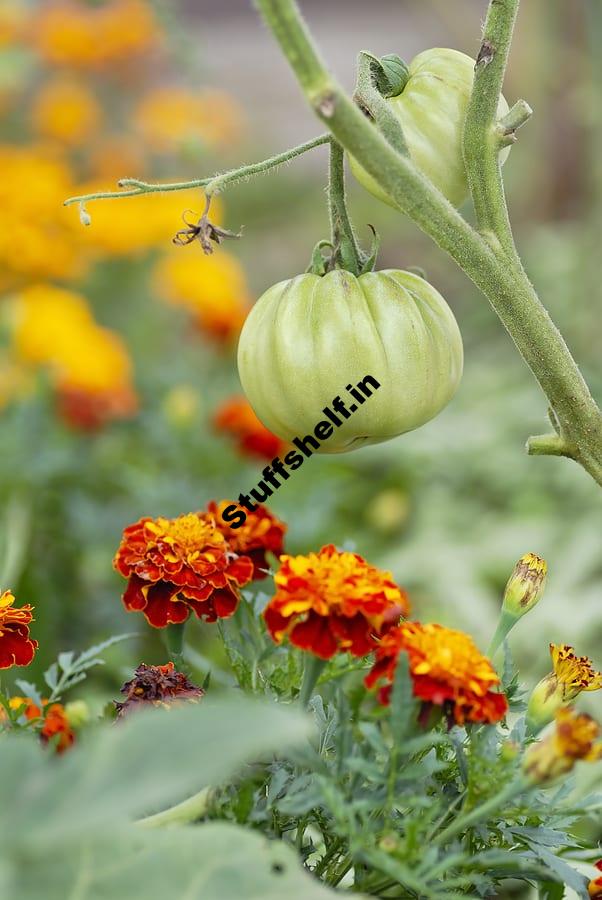Bean Emerging Problems and Solutions
Avoid bean growing problems by growing beans when temperatures have warmed and nights are no longer chilly. Beans: garden beans–including pole, bush, and shell–lima beans, mung beans, scarlet runner beans, asparagus beans, and southern peas (which are not beans but share similar cultural requirements). All of these crops share similar problems. Here is a list










